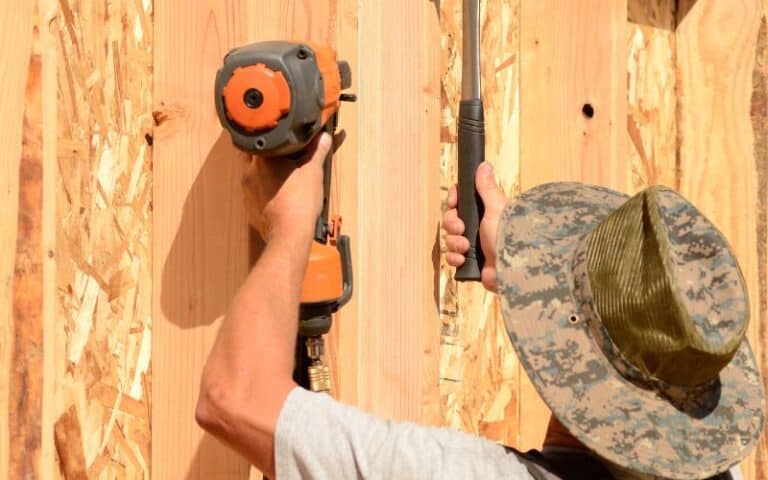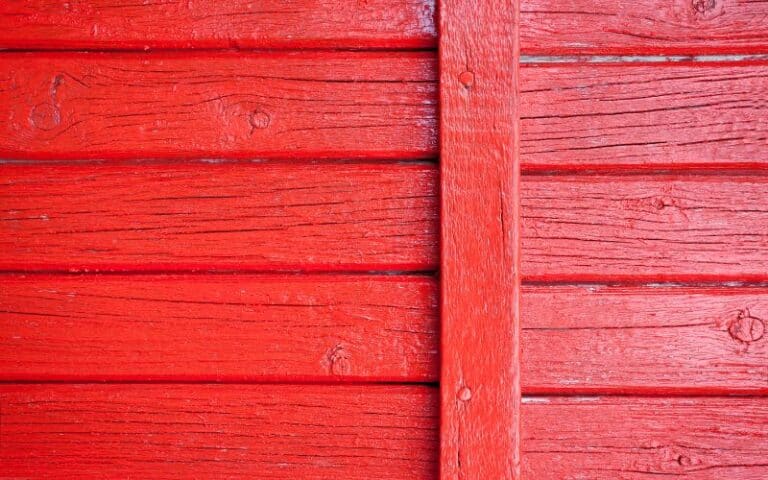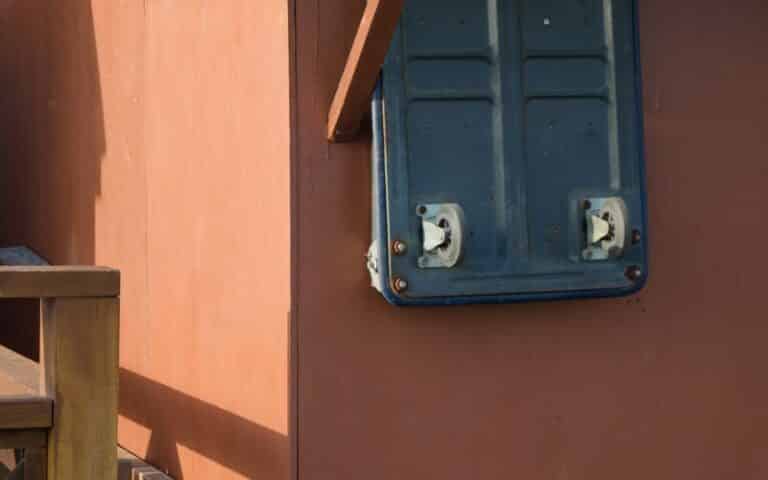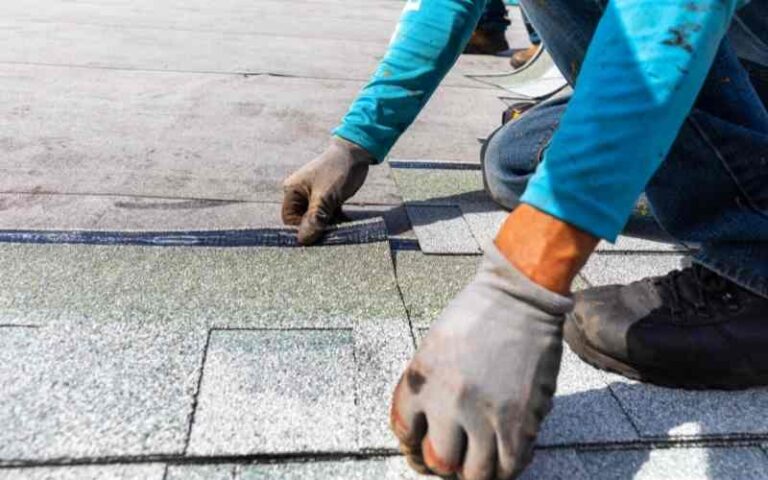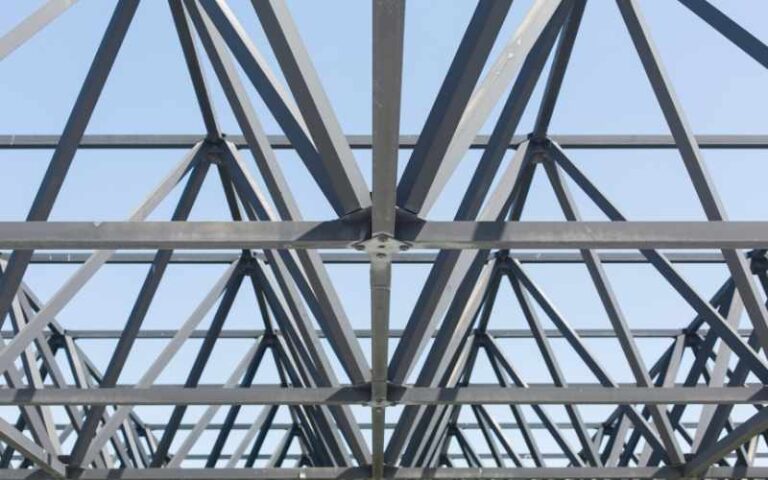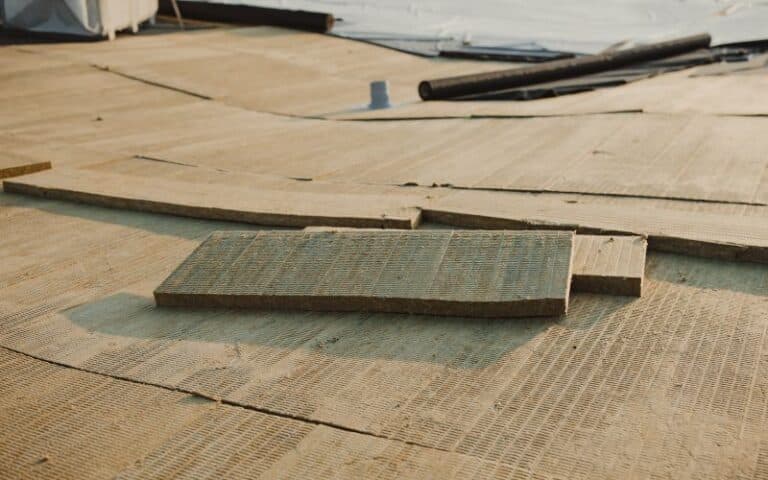As a homeowner, you will need to get your roof certified for various important reasons. If you want to sell your home, then showing a roof certificate to prospective buyers is a good way of demonstrating that the roof is free of defects and can last for the specified time frame without requiring expensive roof repair work.
Read on to understand how it helps:
Ready for a Roofing Quiz?
How a Roof Certificate Helps
A roof certificate helps build trust since it is based on the expert opinion of licensed roofing professionals. After seeing the roofing certificate, prospective buyers will be more confident that the roof will likely not need to be replaced for the time period mentioned in the certificate.
This will make them more willing to buy your property since it shows that the roof is in good condition and expected to last for some time without problems.
Especially when selling your home, it is always better to obtain a roof certificate since buyers often insist on it. As the roof certificate is often a condition for buying property, you should prioritize it, especially when putting your property up for sale.
When you have a roof certificate, you can be confident that the roof is defect-free and that it will probably not develop major problems under normal conditions during the time frame specified in the certificate.
This really matters since roof repairs, and replacements are often expensive. Roof certificates can specify a time frame of 1 to 5 years during which the expert (who is issuing the certificate) reasonably expects that the roof will not develop major problems under normal conditions.
In simple terms, a roof certificate implies a significantly reduced risk of carrying out an expensive roof repair or replacement work.
Does a Home Inspection Obviate the Need for a Roof Certificate?
No, a home inspection does not mean that obtaining a roof certificate is unnecessary. The problem with home inspections is that they may not include a comprehensive roof inspection.
Hence, there is a higher risk that a home inspection may not uncover all issues with the roof. So you cannot rely on home inspections alone to discover all problems with the roof.
You will have to order a professional roofing inspection to confirm that your roof is free of serious defects. In case problems in the roof are discovered during inspections, then you can have them remediated by your roofing contractor. After the roofing contractor is satisfied that your roof is defect-free, he can provide you with a roof certificate.
A roof certificate shows that you had the roof professionally inspected by licensed roofing experts.
Having a roof certificate is essential because a home inspection may not thoroughly examine all aspects of the roof.
What Is Included in a Roof Inspection?
There are various factors that the roofing contractor will consider while inspecting your roof.
1. Attic Ventilation
Poorly ventilated attics can lead to the buildup of heat and humidity that can substantially reduce the lifespan of your roof.
2. Visible Signs of Wetness of Leaks
If there is any leak, the roofing contractor will closely inspect the cause to determine whether repairs are required or a full replacement.
3. The Number of Layers on Your Roof
If a roof replacement is required, more layers can mean a greater cost for you since all layers will have to be taken off.
4. Roof Decking Status
The roofing contractor will closely examine the roof decking to find out whether it is firm and robust or weak and needs repairs.
5. Roof Vents
Roof vents need to be checked for possible obstructions that should be removed.
6. Roof Shingles
The roofing contractor will scrutinize the state of the roof shingles and the condition of nails holding them in place.
7. Skylights and Roof Penetrations
All penetrations and roof skylights need to be checked to ensure no leaks.
8. Chimney
Several aspects of a chimney warrant periodic checking like the state of the chimney’s cap, mortar condition, and flashing.
9. Roof Flashing
Roof flashing should not have any signs of damage or extensive corrosion.
10. Downspouts and Gutters
Downspouts and gutters need to be free of obstructions and cracks/ruptures that can lead to stagnant water and thus cause water damage to your property.
Bottom Line
A certified roof inspection can help you in many ways, whether you are a homeowner or a prospective buyer. A roof certificate can substantially mitigate the risk of roof damage and ensuing costly repairs/replacements.
Even if your roof is certified, you should not forget to have it professionally inspected according to the frequency recommended by your roofing contractor.

